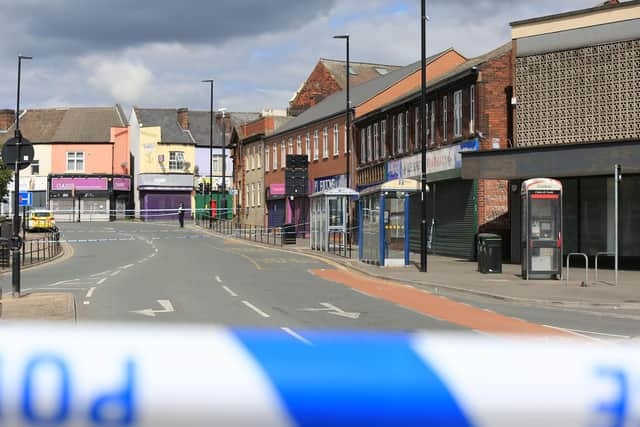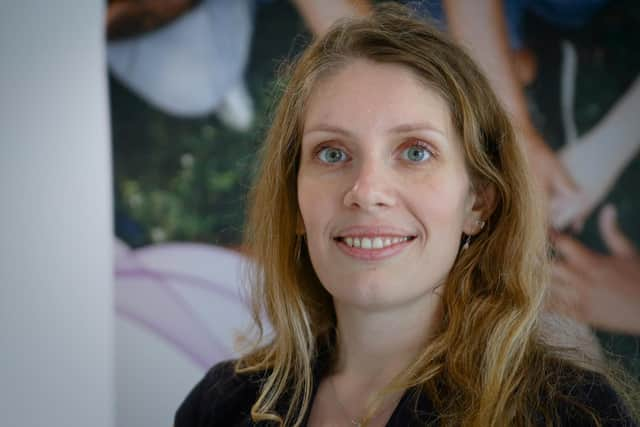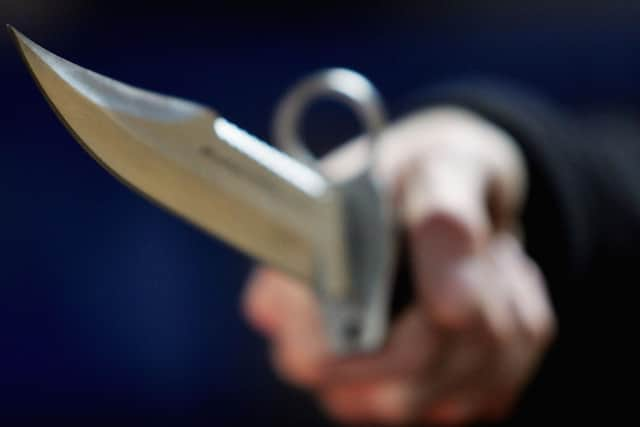South Yorkshire violence expert say there is a link between mistrust of police and higher levels of violence
South Yorkshire's Violence Reduction Unit says there is a correlation between police mistrust and violence rates, saying it plans to tackle this "by talking to more people".
The unit, which was launched last year following funding from the Home Office for key areas where violence is a problem, yesterday (Tuesday) launched its area profile report into the trends of violent crime in the county.
Advertisement
Hide AdAdvertisement
Hide AdThe report analyses data such as hospital admissions for injuries inflicted by bladed articles, poverty rates and age and gender breakdowns of victims and perpetrators to build an understanding of the scale of the county's rates of violence.


Head of the unit, Rachel Staniforth, said people in areas of South Yorkshire "where trust isn't there" were "less likely to report problems and share intelligence" with police.
This makes operational policing more difficult, with a key part of the unit's efforts to decrease violence rates over time being in cracking down on criminal gangs and drugs offenders, the presence of which increase the prevalence of violence.
Ms Staniforth added: "In terms of building [people's trust] again, it's about talking to them. The neighbourhood teams have done a lot of fantastic work and we have got some really good connections."
Advertisement
Hide AdAdvertisement
Hide AdRates of the most serious forms of violence - where a weapon is used and a person is seriously injured or killed - was reported at a rate of 1.1 crimes per 10,000 population per month between October 2018 and September last year, with and average of approximately 150 such crimes reported each month. This was a small month-by-month increase.


Despite this, Ms Staniforth said that evidence shows "most violence that occurs in South Yorkshire does not involve weapons".
In the report, the violence reduction says: "Communities want to help themselves. They want to be supported to make change, rather than have solutions thrust upon them from statutory services. They have a high level of insight into the causes of violence and potential solutions.
"Working Groups discussed lack of trust between these communities and police, meaning that some crimes are not reported, and police are unable to gain and make best use of community intelligence. The sense of community in an area is very important.


Advertisement
Hide AdAdvertisement
Hide Ad"Community identity and confidence is key if communities are to gain the power to challenge behaviour. Where strong community exists, it is powerful; where it does not, it is really problematic. Communal spaces help to foster communities."
The report concluded: "Reducing violence will be a ‘slow burn’ process.
"Changing organisational cultures, developing more resilient communities, and addressing underlying issues such as poverty, inequality, and drug use won’t be quick."